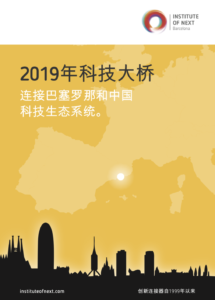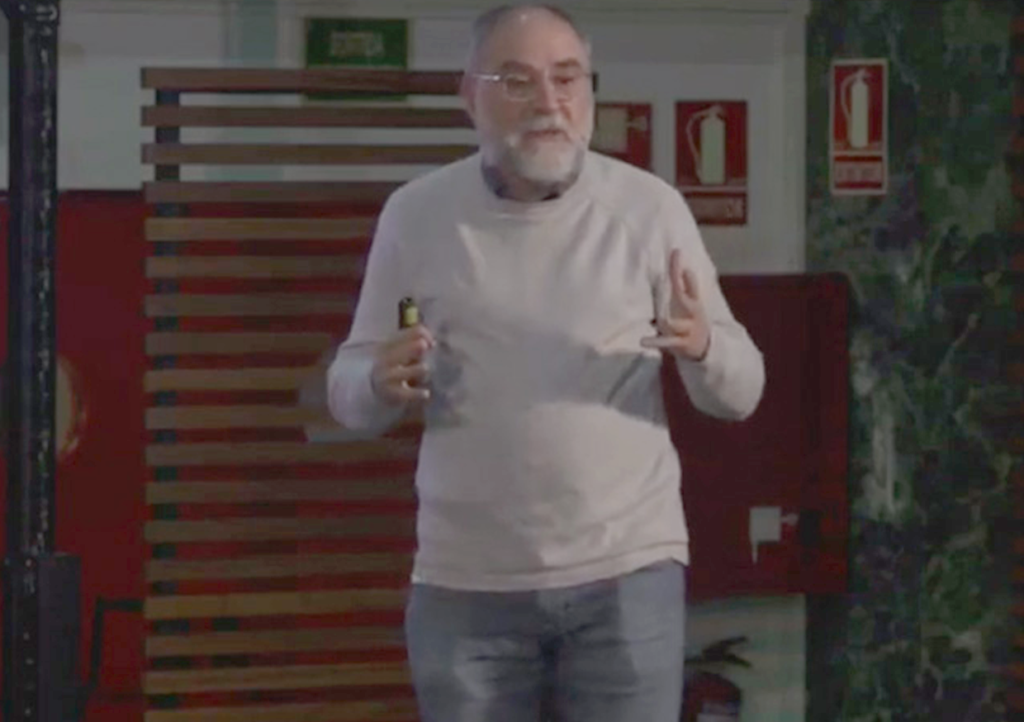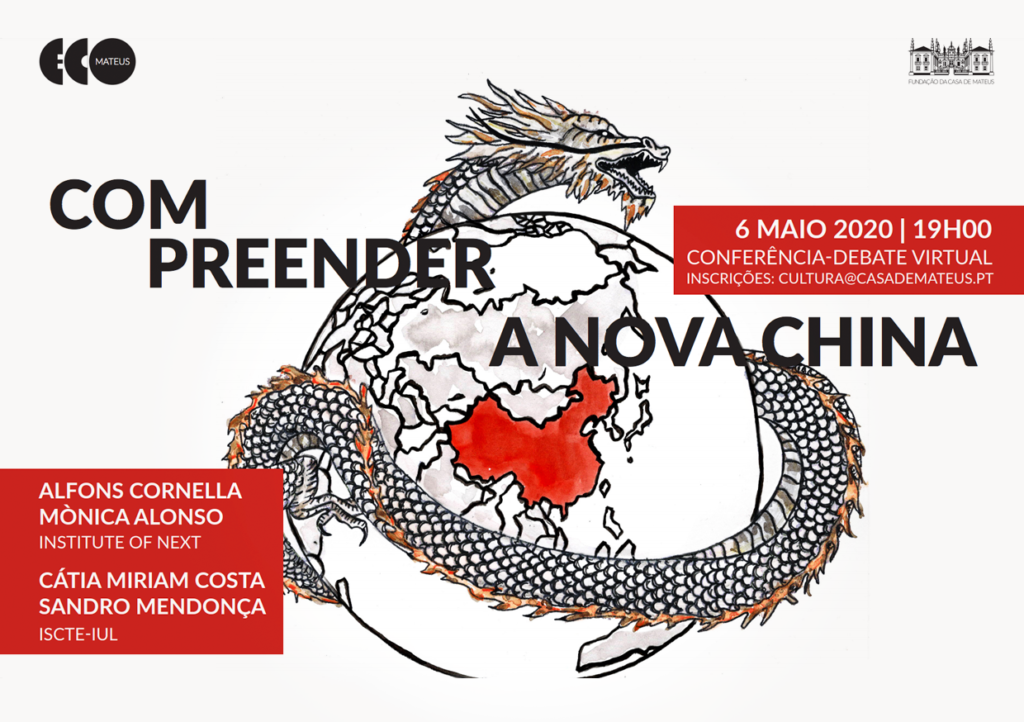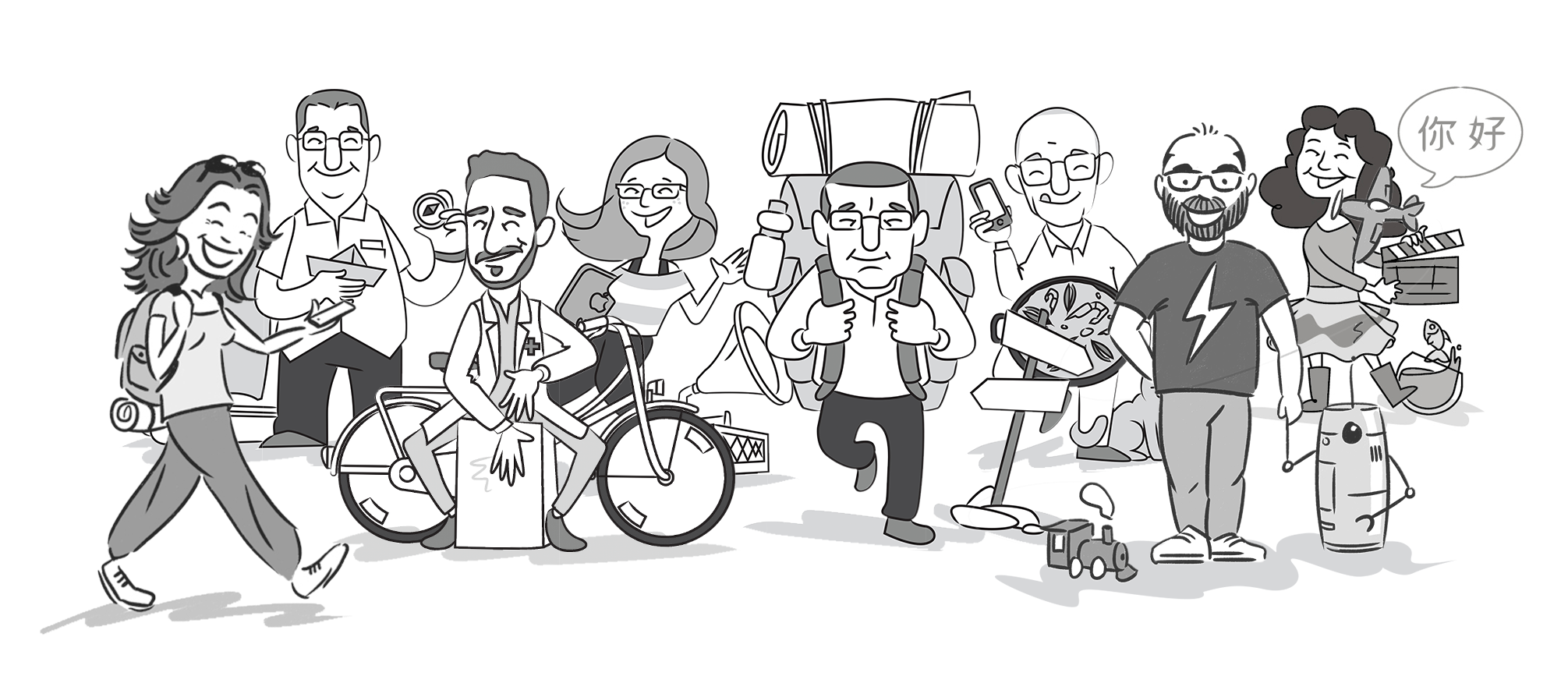“How to eat crab and not to die while trying. Understanding the new China to build bridges with Europe” is the title of the new book by the founders of Institute of Next,
Mònica Alonso & Alfons Cornella. The title gets its inspiration from the Chinese Chèng Yú (Chinese proverb) that goes: The first to eat crabs are admirable people… who has initiative in trying some new things
The team of Institute of Next thinks that it is now time to accelerate the collaboration between the European and the Chinese innovation ecosystems. This is essential for the “future present”, especially for Europe. This book is a tool to reduce the lack of mutual knowledge that generates suspicion between them. This is our contribution to tackling the great challenges of the next decade.
The book aims to unveil ways to transform a traditional relationship based on the client-supplier relationship, so far the usual one between the European and Chinese companies, into a new relationship based on partnership. China has made the decision to transform its “MADE in CHINA” into “INNOVATION in CHINA”. It is up to Europe to decide what role it wishes to play in the new global social an economic order of this first decades of the 21st century.
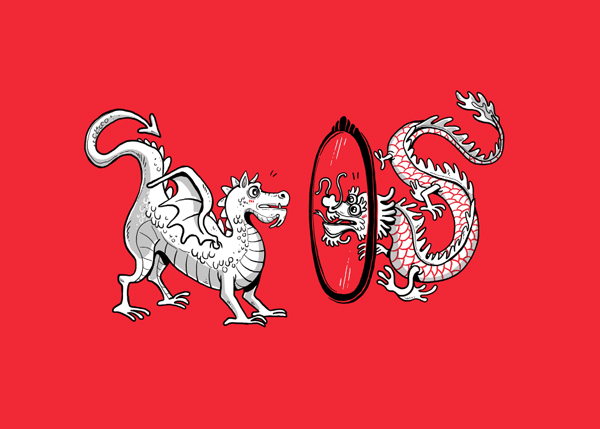
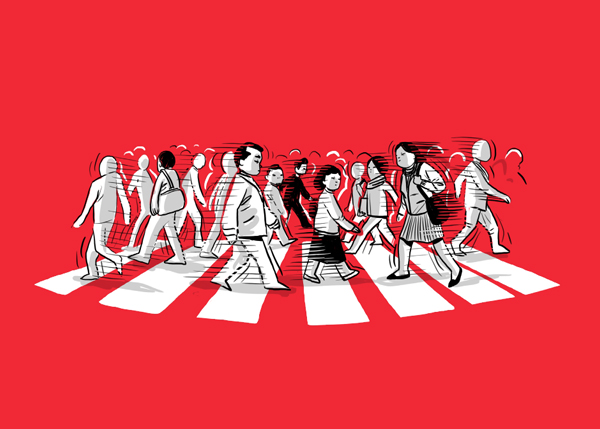
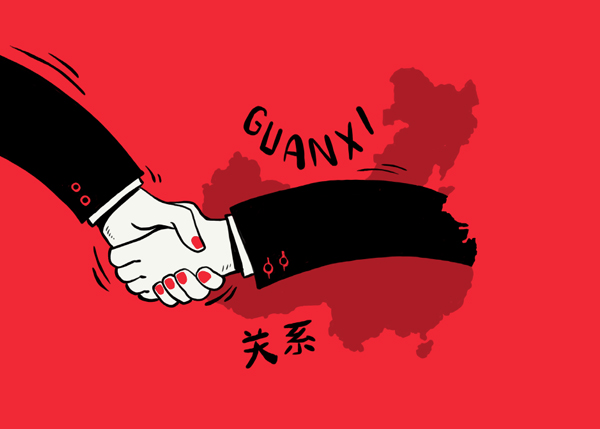
Cross Boarding Business Services
Institute of Next belives in the relationship between innovation ecosystems. Societies are changing at a dramatic speed. We need to generate new value for them, by starting to work on real collaboration with other innovation ecosytems over the world.
For this reason, we offer cross boarding business services to help innovation ecosystems to generate new value. New times need new perspectives in order to work together.
This is our proposal to help you do it.
- Innovation connectors bewteen ecosystems
- Smart innovation watchings
- Organized R&D+i tours in Barcelona
- Select Barcelona Sci-Tech startups to scale up overseas
- Soft landing programs
- Innovation assessment
- Customized services
Innovation China Talks & workshops
TusStar & Institute of Next Agreement
On February, 26th 2019, TusStar Barcelona and Institute of Next signed an agreement to build bridges between their innovation ecosystems.
Tus-Holdings Co. Ltd. is a large integrated enterprise established on July 2000 in reliance with Tsinghua University.
It takes full responsibility for developing, constructing, operating and managing the Tsinghua University Science Park (TusPark) Development Center, set up on August 1994. It is also one of the first National Demonstration Enterprises in the modern service industry.
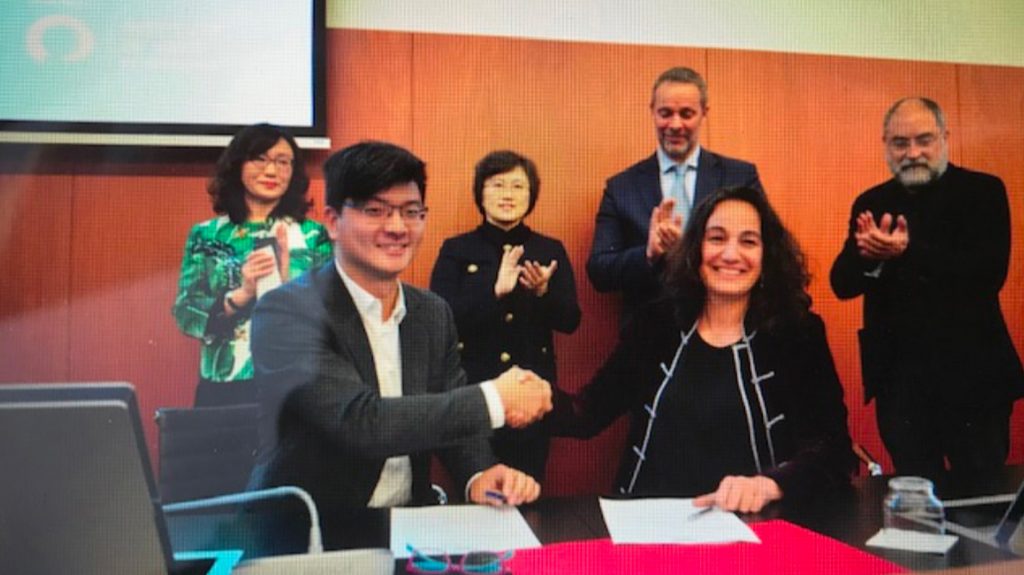
Qing Chen, manager of TusStar Barcelona, and Mònica Alonso, partner and CEO of the Institute of Next signed the agreement and Han Wei, vice general manager of TusStar Incubator, and Alfons Cornella, founder of Institute of Next celebrated the agreement.
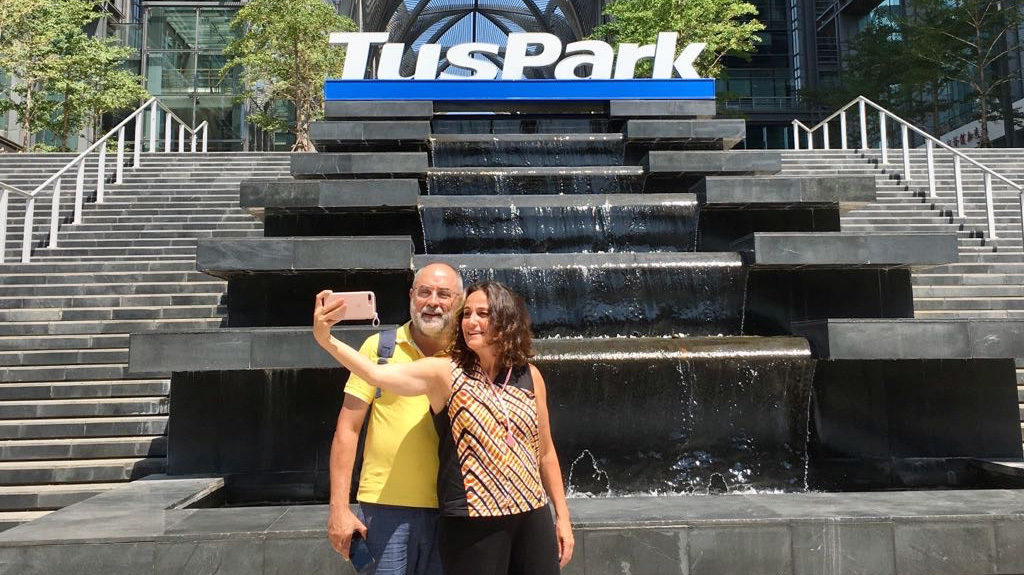
In August 2019, TusStar invited the Institute of Next team to explore the innovation ecosystem of Tsinghua University, that it has developed a strong innovation ecosystem across China through TUS- Holding Co.LTD.
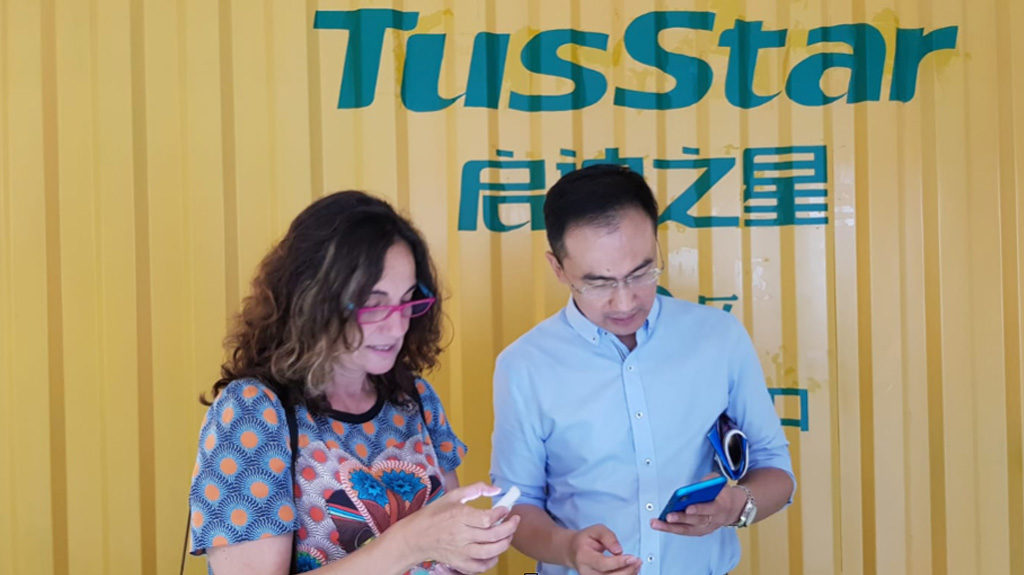
The Institute of Next’s Team visited the ecosystems of Beijing, Shangai, Hangzhou, Xi’an, Chengdu and Shenzhen.
Shenzhen Municipality & Institute of Next’s Collaboration
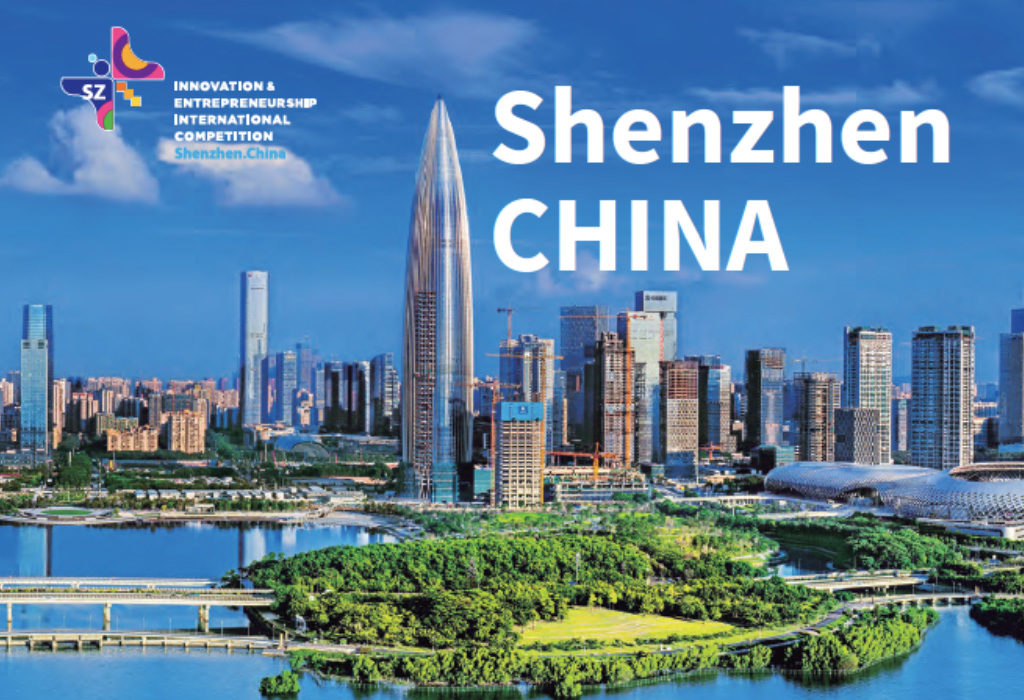
Institute of Next collaborates with the Shenzhen Innovation & Entrepreneurship International Competition launched by the Shenzhen Municipality. This competition aims to integrate innovation and entrepreneurship resources and help foreign innovation and entrepreneurship projects to connect with Chinese hi-tech industrial resources and expand the Chinese market for mutual benefits and win-win results.
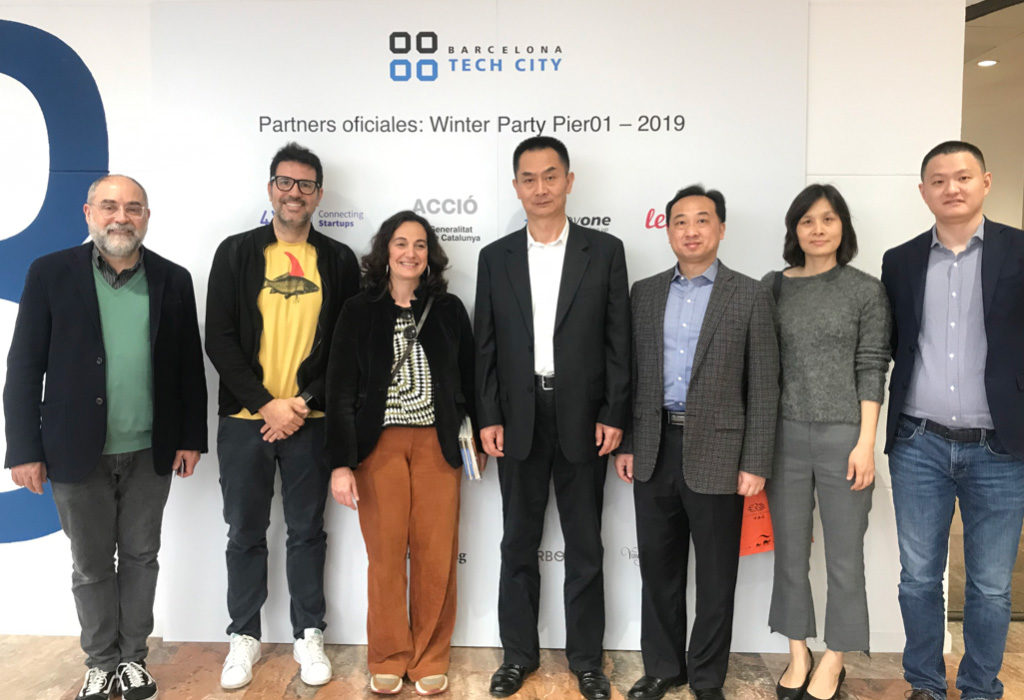
On April 2019, Xu Shaoying, deputy director of Shenzhen Municipality’s Human Resources and Social Security Bureau, visited the Institute of Next’s innovation space in Barcelona with his delegates. After the meeting, the Institute of Next invited the Shenzhen delegates to take a tour arround Barcelona Tech City’s Pier01.
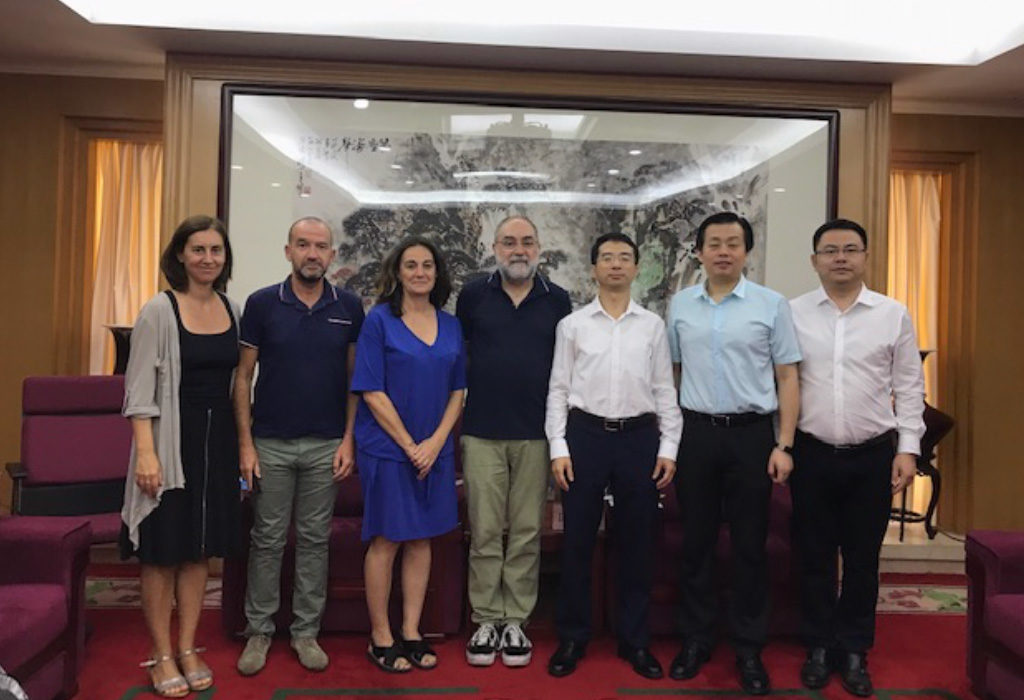
On August 2019, Institute of Next was invited by Shenzhen Municipality, to learn about the innovation ecosystem in every district. Institute of Next held many interviews with relevant players of this large innovation ecosytem.
Innovation Connectors in Barcelona since 1999
At the Institute of Next we believe that we can build bridges between Barcelona and others innovation ecosystem in Europe, Middle Est, India, China, and South Est Asia.
Currently, we are focusing on Chinese innovation ecosystems. We are encouraging Barcelona Sci&Techentrepreneurs to learn about the Chinese innovation ecosytem.
China will greatly improve its innovation capability, make breakthroughs in major areas and see a significant increase in its overall competitiveness, beyond industrialization.
China will create an atmosphere that will support and foster an entrepreneurial mindset, and will develop a skilled manufacturing talent pool.
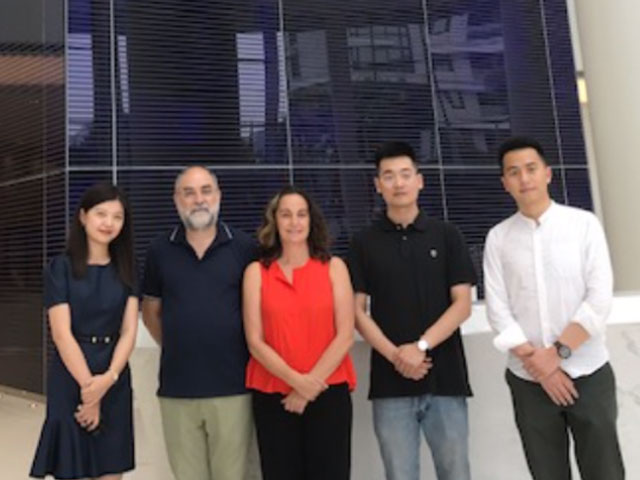
The Institute of Next visited The European Commission Hall in Chengdu (China) for participated in how to further promote EU-China entrepreneur, Sci&Tech and industrial cooperation.
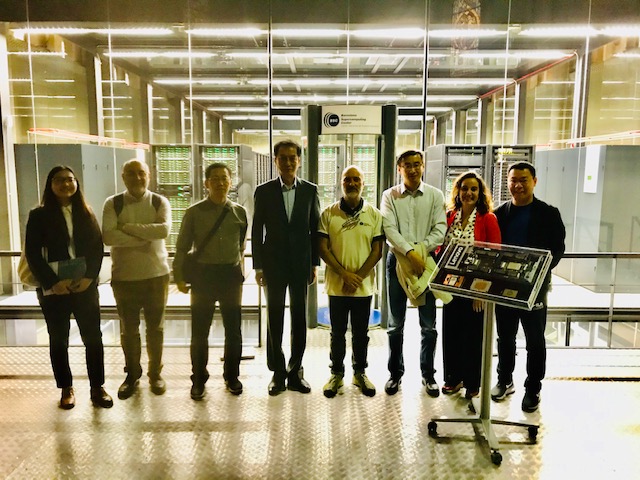
Beijing ZGC Development Group Delegation & The Institute of Next visited Barcelona Supercomputing Center.
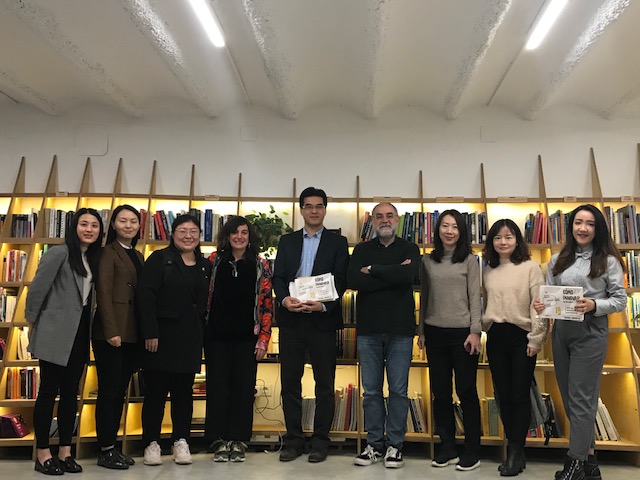
Core team of innovation seniors
Institute of Next Barcelona has a core team of seniors, and an ecosystem of experts and partners that combines a wide variety of backgrounds and expertise, in order to effectively adapt to the needs of any organization and to provide the best results.
We help you make transformation and innovation happen, by inspiring, building, training and cross boarding business services.
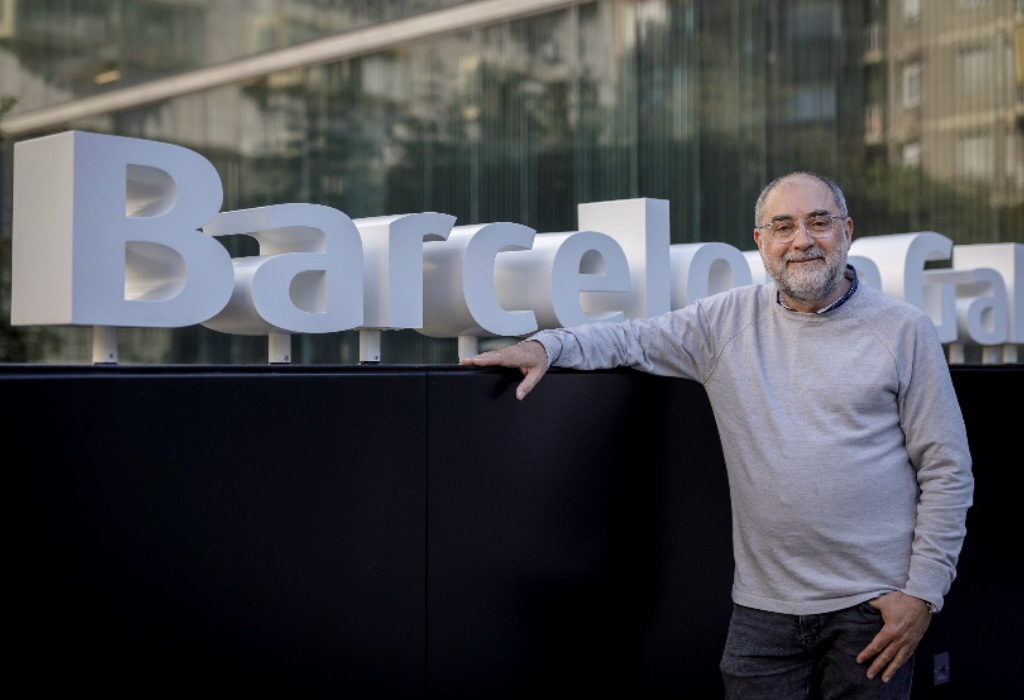
Alfons Cornella is a founder and leader of this team of innovation senior team. He holds a degree in Theoretical Physics (University of Barcelona, Spain), an MS in Information Resources Management (Syracuse University, USA) and an Business Degree (ESADE Business School, Barcelona).
He has published more than 30 books about innovation, management and education. His last books are a “Manual of innovation” and “Education for Humans in a World of Smart Machines. 100 Ideas and Thoughts About the New Education that Our Society Needs”.
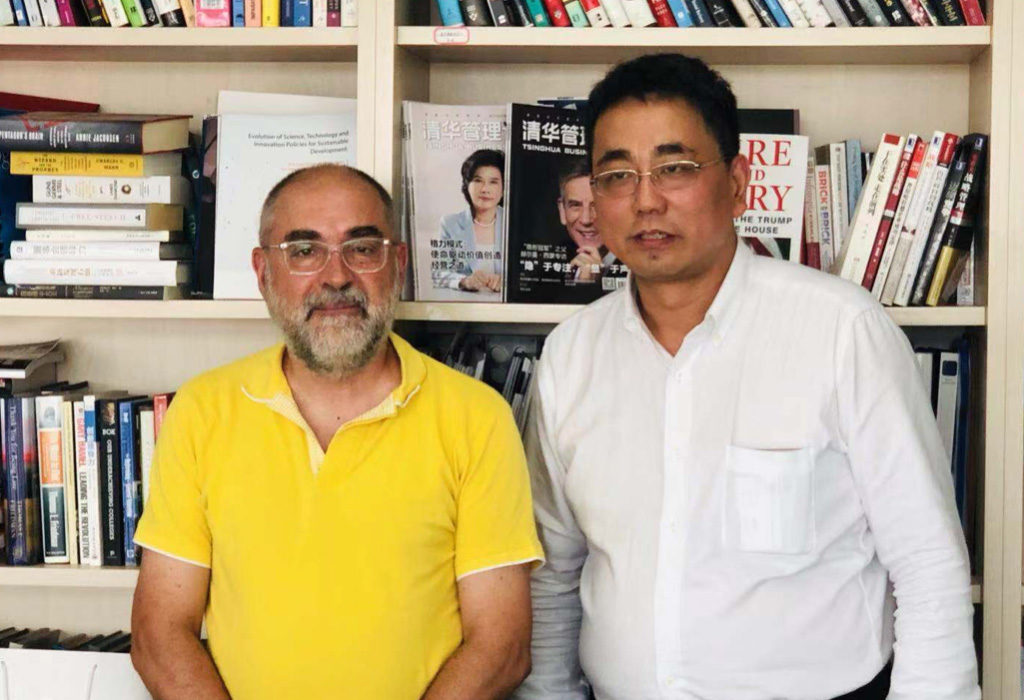
Alfons Cornella is a trusted professional in the science and technology sectors in Barcelona. He is knowledgeble about Sci&Tech so that he can identify market opportunities while respecting the value that Sci&Tech contributes to our society. On his trip to China he met relevant professor from Tsinghua University as Professor Ji Chen who wrote the “ Blue Innovation Book”
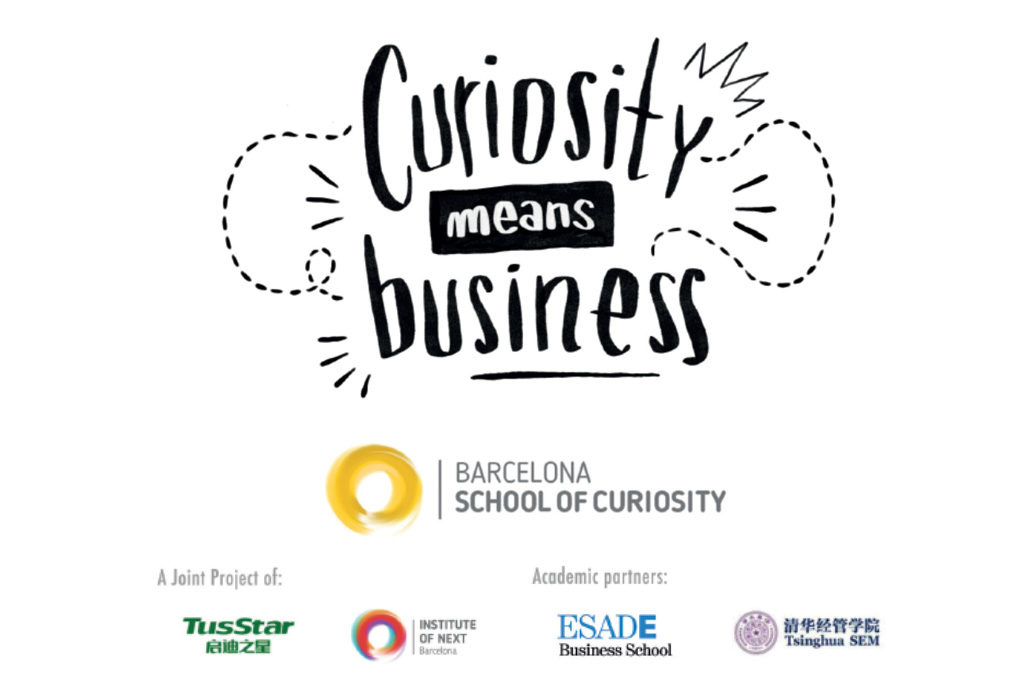
Alfons Cornella has been a professor at ESADE Business School in Barcelona and currently he acts as counselor for innovation projects in China for ESADE, such as the Barcelona School of Curiosity.




